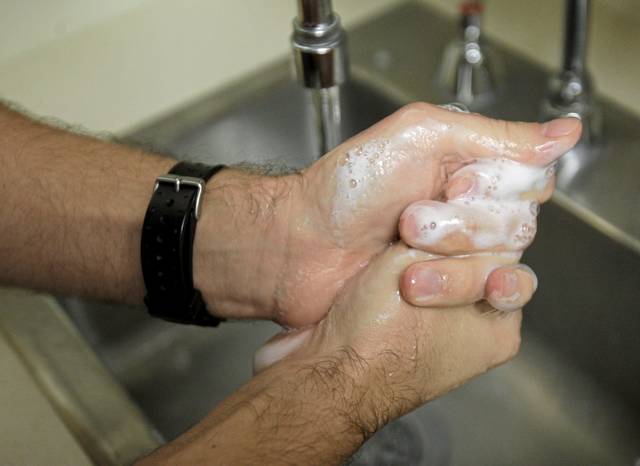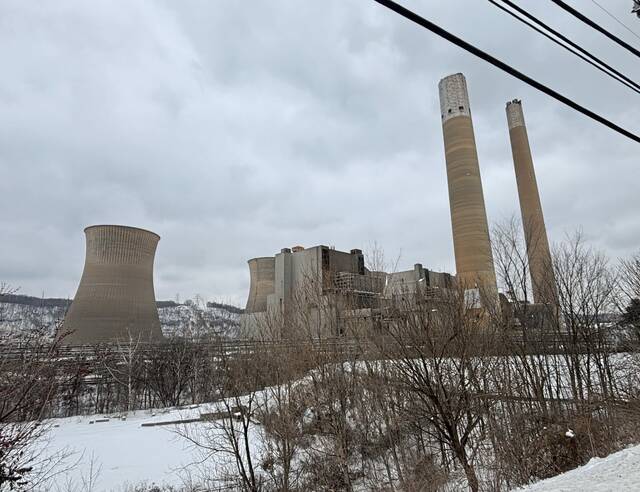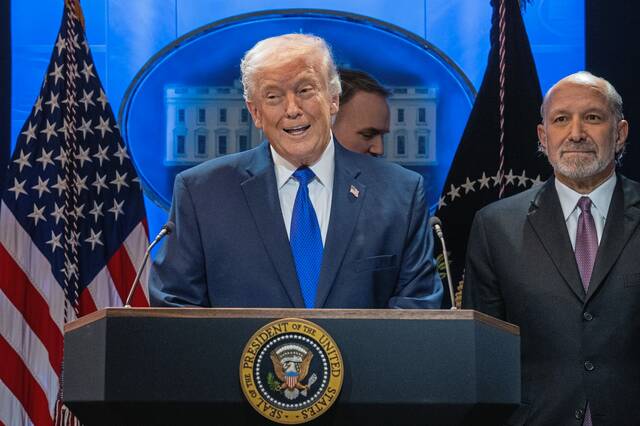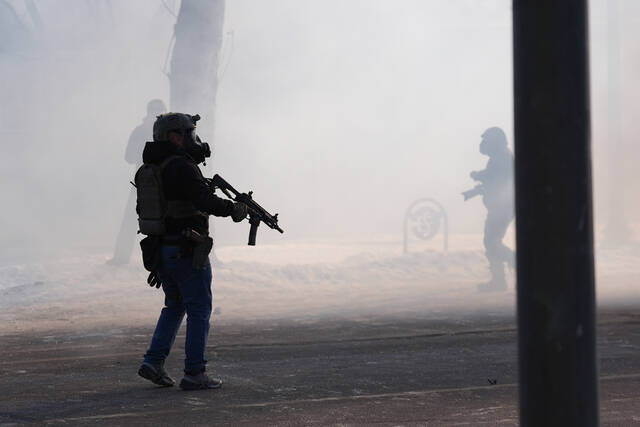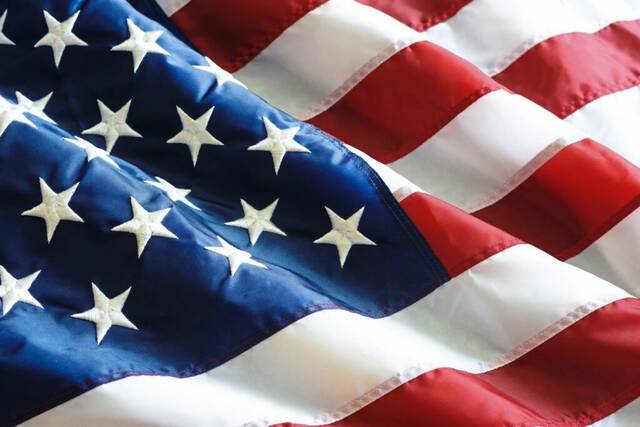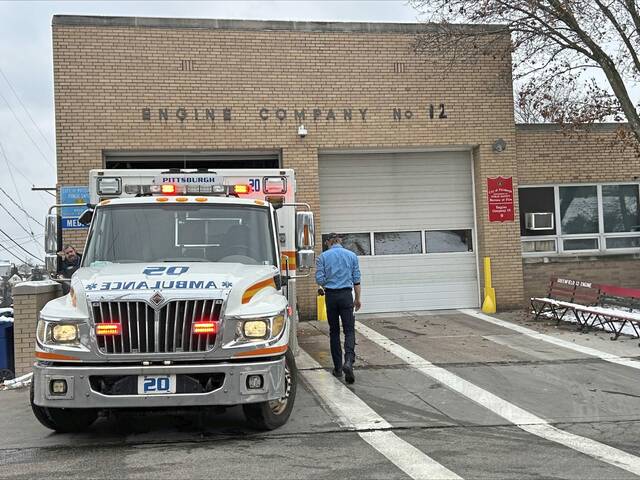Sometimes the simplest acts make the biggest impact.
Take handwashing with soap. It’s proven by researchers to reduce the presence of harmful bacteria by 92%, according to researchers at the National Institute of Health.
I run a Pittsburgh-based nonprofit charity called Eco-Soap Bank — and our sole mission is to get soap into the hands of as many children worldwide as possible and teach them how to use it. Every year, we provide soap and hygiene education to over a million people to prevent diseases like pneumonia, cholera, Ebola — and now, the COVID-19 coronavirus.
The truth is, in many places of the world, if you get sick, you’re on your own. Cambodia is home to 18 million people, but there are only six hospitals serving that population.
Our long-term goal, in countries like Cambodia, is to focus efforts on prevention — rather than treatment — to save as many lives as possible.
I remember asking a World Health Organization official stationed in Cambodia her thoughts on public health in the country. She said: “These hospitals and clinics would look totally different if everyone just washed their hands.”
Researchers in London say if everyone routinely washed their hands, over a million deaths could be prevented worldwide per year. This doesn’t only apply to Cambodians.
It’s shaping up that handwashing is our best bet in preventing the spread of the COVID-19 coronavirus, too.
According to the Centers for Disease Control and Prevention, COVID-19 is transmitted from person to person through “respiratory droplets” when an infected person coughs or sneezes, or via contact with contaminated surfaces or objects.
Some 80% of illnesses are transmitted via hands. While handwashing signs and posters are nearly ubiquitous in our society, according to a study by researchers at Michigan State University, only 5% of bathroom users washed their hands correctly.
I believe the key to improving handwashing is teaching people exactly how handwashing with soap actually works. The science of handwashing with soap can get quite complicated, but I’ve done my best to dissolve it:
• Everyone knows oil and water don’t mix — soap fixes that problem.
• Germs are most commonly found in oil that occurs naturally on your hands and body.
• Soap molecules directly attach themselves to oil and suspend it in water, allowing the oil and germs to be rinsed off.
• Soap does not kill germs but rather removes them effectively — if you’re washing your hands correctly.
• Make sure you wash for at least 20 seconds and apply a lather and friction to important areas like between fingers and under fingernails.
• Don’t forget your wrists either!
While there is no cure currently available for the COVID-19 coronavirus, we can still do our part to prevent the spread and protect ourselves.
The CDC recommends avoiding touching your eyes, nose and mouth; covering your cough; cleaning and disinfecting frequently touched objects or surfaces; and washing your hands often with soap and water for at least 20 seconds.
This simple solution, it seems, has always been in our hands.
Samir Lakhani, a University of Pittsburgh graduate, is the founder and executive director of the nonprofit Eco-Soap Bank.


